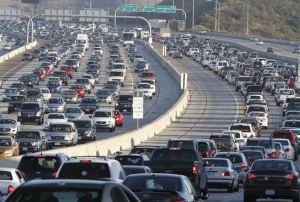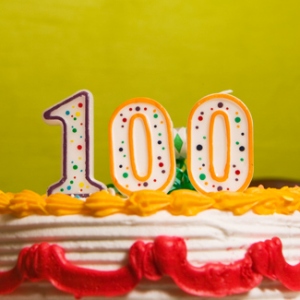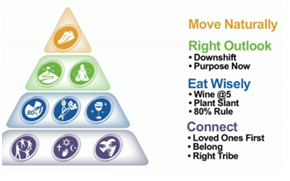Ughhh… Rush hour, traffic jams, gridlock, sitting in a parking lot (I could go on)… Whatever you want to call it, I despise it.
This is the one major aspect about living in a metropolitan city that really irks me.
It unfortunately is unavoidable when you live within a populated city…or is it???
There are systems many major cities have implemented to help alleviate the congestion on the major roads/ freeways.
Common systems include:
1. HOV lanes built for buses and carpoolers.
2. Ramp metering systems (or ramp signals) which have proved to be successful in decreasing traffic congestion and improving driver safety.
The recent upgrade in Melbourne, Australia has installed 62 ramp meters that are coordinated using the HERO suit of algorithms developed by Markos Papageorgiou and Associates from the Technical University of Crete. All the ramps can be linked when required to resolve motorway bottlenecks before they emerge. The results of a recent trial improved capacity by 9% over the previous fixed time ramp metering system and average speeds increased by 20kmh. The HERO system takes real time data every 20 seconds from the motorway, ramps and arterial road in order determine the best signal timing for the next 20 seconds.
3. Driving Fees on major downtown/CBD routes .
Now this leads me to a brilliant talk that I came across on TED. This talk by Jonas Eliasson goes into how he solved a traffic jam issue on one of Stockholm Sweden’s major bridges. Jonas Eliasson studies how small charges on crowded bridges effect traffic, what makes a person opt to bike to work and how far people choose to live from public transportation. As the Director of the Centre for Transport Studies at Sweden’s Royal Institute of Technology, Eliasson helped design, plan and evaluate Stockholm’s congestion tax, which was piloted in 2006 and made permanent in 2007. Eliasson is frequently brought on by other cities that are considering similar fees for rush hour use of crowded roads.
When they implemented a fee to drive on one of Stockholm’s major bridges, it resulted in 20% of the cars disappearing. This 20% significantly improved the congestion on this bridge. Interestingly, at the beginning of the fee being introduced the majority of the public were opposed to it and after it was established an astounding 70% of the public wanted to keep the fee – remember this is something that used to be free. So where did the 20% of the people driving the cars go? They changed and adapted to a new lifestyle. The begun riding their bike, taking public transport or carpooling.
I guess what we can take from this with a little nudge, people can change and adapt to a new and most importantly healthy lifestyle. Additionally, people are also willing pay a price if it leads to their quality of life improving. Driving is a part of my job and therefore if my city implemented a reasonable fee on the major bridge I drive on each day to and from work I would pay it in a heart beat to gain back some of that time I lose sitting in traffic.
This talk is awesome…have a watch!
Cheers,
Ash




